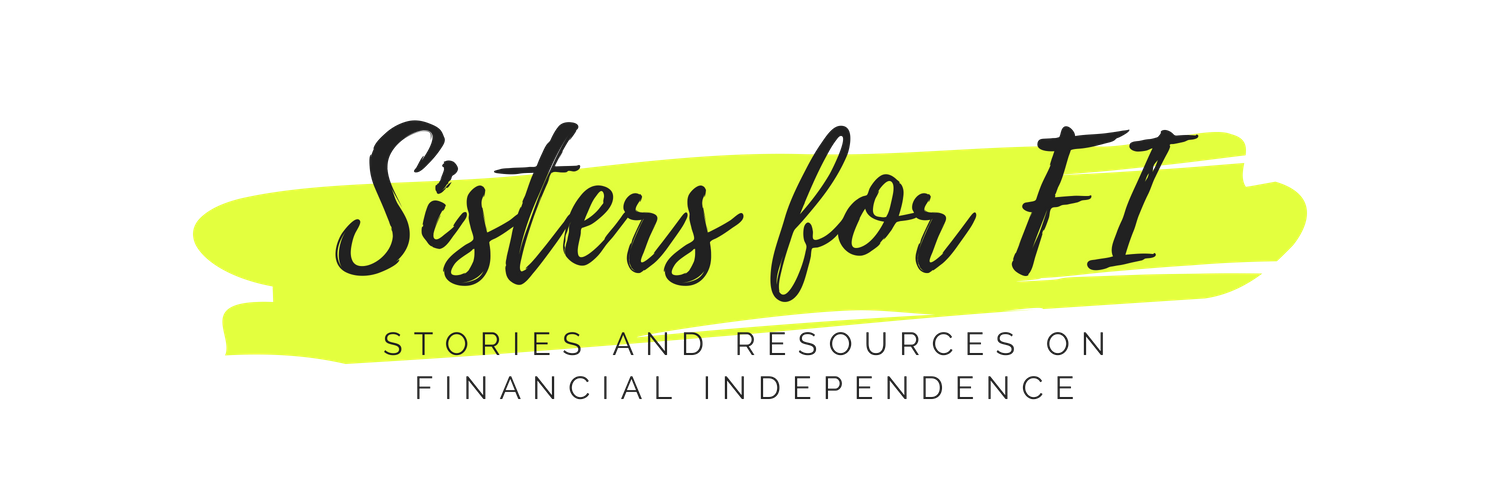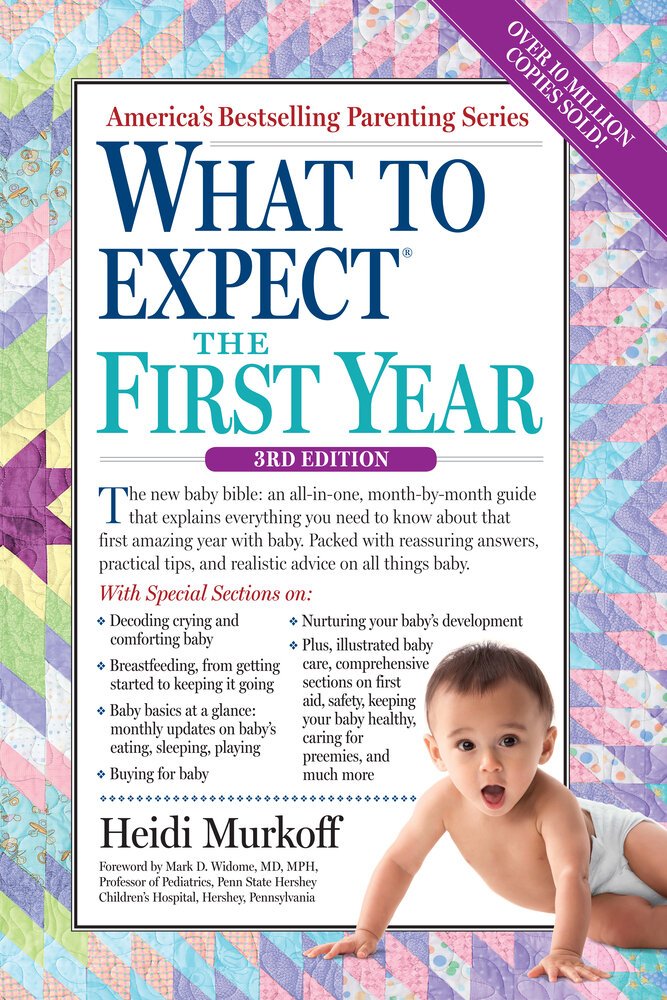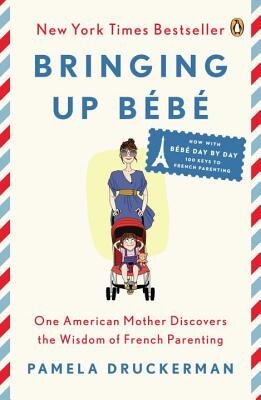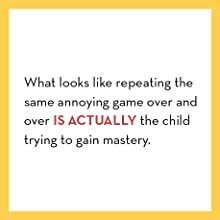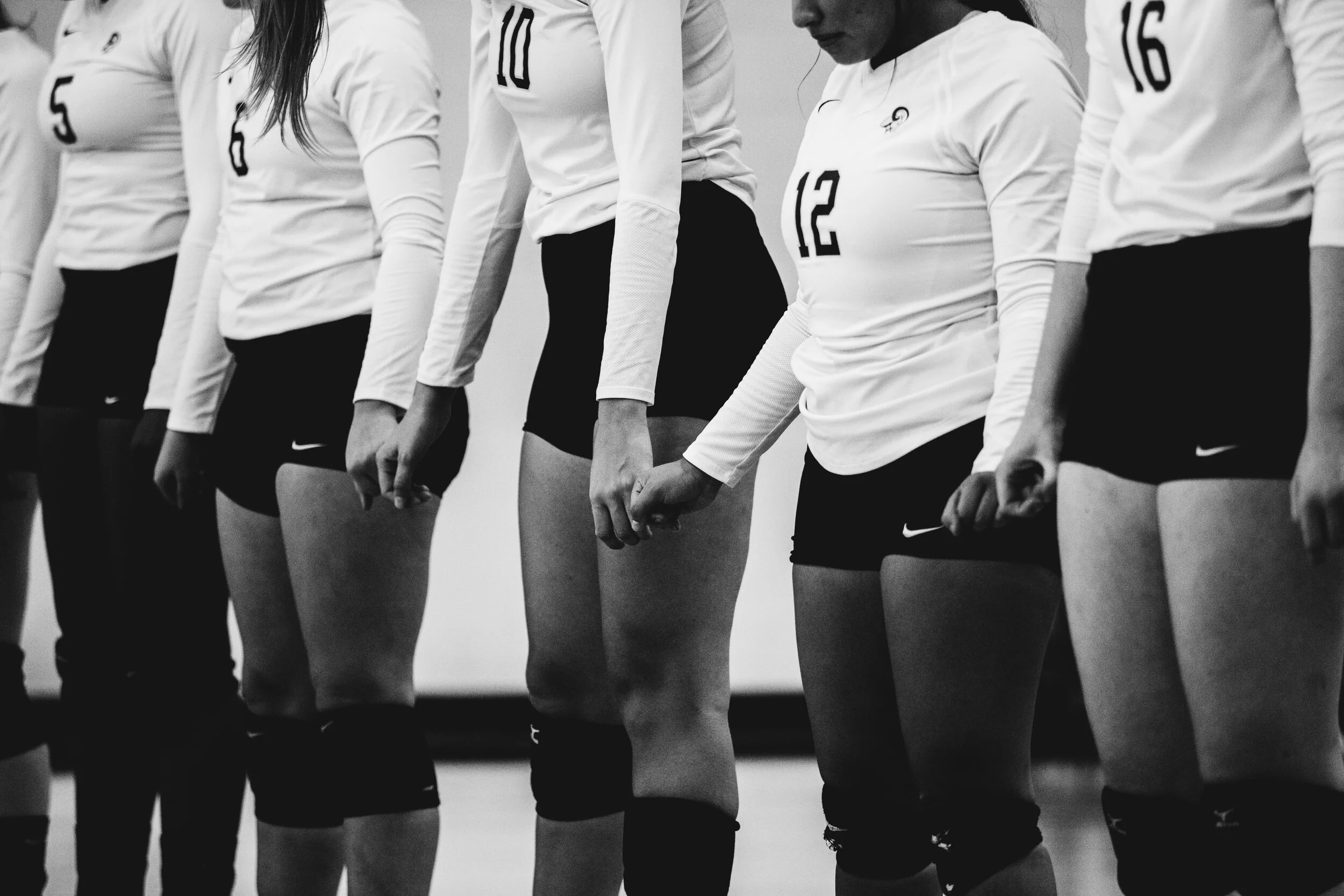4 Books To Read Before Baby Comes
“Children are human beings to whom respect is due, superior to us by reason of their innocence and of the greater possibilities of their future.” - Maria Montessori
With our little girl turning 1, I thought I would share some of the books that helped us in the first year. There is no shortage of books for new parents so this isn’t the most comprehensive list. It’s funny how many become parents without formal guidance or education. Many think that parental instincts kick in when the baby is home, but sometimes that’s far from the truth. It helps to be prepared by reading a book or two from people who have been there and done that.
This post contains affiliate links. See Disclosures for details.
What to Expect the First Year
This book is a classic and judging from its many reprints, we know why. I think this book is a MUST for all new parents. It details by month by month what to expect with your baby in the first year. I kept it handy and referred to it every few days so that if I encountered something new, I wouldn’t panic Google search which probably saved me a lot more sleepless nights. I found the question/answer format helpful as it truly gives you a sense of things to expect. It’s fairly comprehensive. The information can be overwhelming sometimes, but even though my husband and I attended the parenting classes the hospital offered, I honestly felt like all of that information left my brain before the baby came. Also, sometimes it’s hard to remember that you’ve learned something about babies when you are too tired and sleepy to think straight.
I’d highly recommend having this book on your nightstand or easily accessible so you can read a few pages at a time while your baby naps. I also encourage that both you and your partner read through it. More often than not, the responsibility of knowing the information falls on mom when for new mommas, a lot of this information is also new to them. I had some experience with babies as my youngest sister is 13 years younger. I was still in high school when she was growing up, but my husband, on the other hand, had never been exposed to babies so learning a bit more about each baby’s stage also helps mitigate in-fighting between new parents. If we wanted to determine how best to take care of the baby or what signs to look for if she was ready for solids, we referred to the book for the best course of action instead of fighting about it with biased opinions. It’s only fair that both parents take on the burden and the joys of understanding baby’s development.
My sister-in-law gave this book to me and I am so grateful. I ended up gifting it to my sister and a few other friends who were expecting.
When my doctor confirmed I was pregnant, her next words were “You’ll have to get a consult with an MFM because you are AMA.” What?!? Apparently, when you hit that magic number of 35, you are considered a high-risk pregnancy and you are then referred to a Maternal-Fetal-Medicine Specialist because you are of Advanced-Maternal-Age. So of course, this resulted in me Googling anything and everything and not finding the assurance I needed.
I’m glad to have come across Professor Emily Oster’s book Expecting Better because she shed a lot of light on some of the numbers behind these pregnancy “facts” like drinking caffeine or getting additional scans of the baby. Of course, I still had to make up my own mind about each course of action to take in the early days of my pregnancy. Lots of testing to do, but being armed with more evidenced-based information gave me some relief.
I highly recommend the book for all of its researched documentation. In the end, some of the information we’ve come to believe as facts are actually statistically inconclusive, and that gave me some relief.
Another book by Professor Emily Oster that a new mom might find helpful is Cribsheet which tackles decision-making in the early days of parenting. As someone who studied Economics in college, I appreciate how she uses data to explain and/or debunk some of the “rules of parenting.” Save yourself some time and read these books instead.
Bringing Up Bébé: One American Mother Discovers the Wisdom of French Parenting
This book is a bit old as it was first published back in 2012, but I still enjoyed it. I don’t think there’s really anything amazingly unique about this book. I think that all cultures practice a bit of what is described as “French” in this book, but it’s important to recognize some of these concepts as they relate to your own culture and how you can apply them to raising your little ones. This is especially important if you are raising kids in a household with more than one culture. With me being Filipino and my husband being of Armenian descent, but born in Turkey and raising one kid currently in America, this means we are mixing in a bunch of cultures on any given day through our use of language, the food we eat, and the way we communicate and interact with each other.
In this particular book, the author describes the concept of “attend (ah-tahn)” which translates to wait or stop. It is normally a command that a French parent says to a child. "Wait" implies that the child doesn't require immediate gratification and that he can entertain himself. I believe several cultures already practice this kind of concept, but we may not have a name for it. The belief is that babies will learn to self-soothe on their own. I like this concept and practice because as a new parent, you jump at each sound the baby makes, but over time, we have to realize that not every cry requires our attention. It could be just the baby adjusting or shifting and getting comfortable. Keep this in mind as you dote on your little one.
The next concept/practice in this book that I like is Saturday cake baking. I love it for its simplicity, but also because when I was a kid, I liked to be in the kitchen and watch what the adults were doing. I hope to make this a practice when the baby is bigger so that we can teach her the value of making our own food, but also of enjoying the preparation aspect. I am also very attached to the idea of using Saturday cake baking as a way to slow down. I can already foresee our family running from one event to the other and I don’t want that to become a norm. With this baking practice, we can take the time to make something for ourselves with the family.
The last lesson from this book is all about French mothers. In America, we don’t provide enough support for mothers so many mothers not only juggle working full-time but also being full-time moms. In France, there is a high commitment to helping parents raise kids including healthcare, childcare, and maternity leave. Definitely more than what’s offered in the United States. The book highlights how important it is to have responsibilities outside of “mom.” It’s important to carve time for yourself to do things that you enjoy without in involving children. It doesn’t mean you love them less, it means you are more than a mom.
The Montessori Toddler: A Parent's Guide to Raising a Curious and Responsible Human Being
While this book is about toddlers, I believe reading it early on can give you a heads up of what’s about to come, but also inform you what kind of parent you want to be. This book has so many takeaways for me: from understanding the Montessori philosophy to what toys work best for young children. To be frank, I didn’t really know what the fuss was all about when it came to Montessori schools, but after reading this and excerpts of The Montessori Method, I had a better understanding of what it means to parent a toddler.
The one big lesson that I remember from this book is that everything is new to a young child so he/she doesn’t need a lot of toys to keep them stimulated. Parenting requires patience. The child has no other internal references so they must build on each thing they learn from day to day. For example, how do you describe a dog to a child who doesn’t know what an animal is? How do you explain that dogs come in many different breeds? How do you explain that a large Golden Retriever is the same animal as a small bulldog? Children need time to process what you say and this is where patience is greatly required. Children also learn by doing so its important that a child be provided ample time and opportunities to practice. A child is also using their body parts for the first time and this requires lots of practice and mistakes.
Oftentimes, marketing makes you doubt your parenting skills which lead many parents to buy all of the latest gear thinking it will help the baby grow and develop but as the book mentions Montessori toys are nothing without understanding the Montessori method. This is a good reminder for all parents before they buy all the toys.
The book highlights the importance of putting ourselves in the place of the developing child. What do we see? What do you have access to? Are we seeing beautiful things? This is something that I’ve been doing to ensure that the baby has access to items that she can learn from.
I would recommend reading this book before the baby comes and right before the baby turns 1 as it will inform how you interact with the baby. The big takeaway from this book is that babies and toddlers want to be treated with respect and more so because they can’t yet express their feelings the way we understand.
Lastly, I’d recommend finding the audiobook version and listening to them each time you and your partner are in the car together so both of you can discuss and learn together. It’s a great way to be on the same page when it comes to raising children. Raising children is not easy, but there are a lot of great books out there that can help you navigate the first few days to the first few years.
4 Books To Read Before Baby Comes
